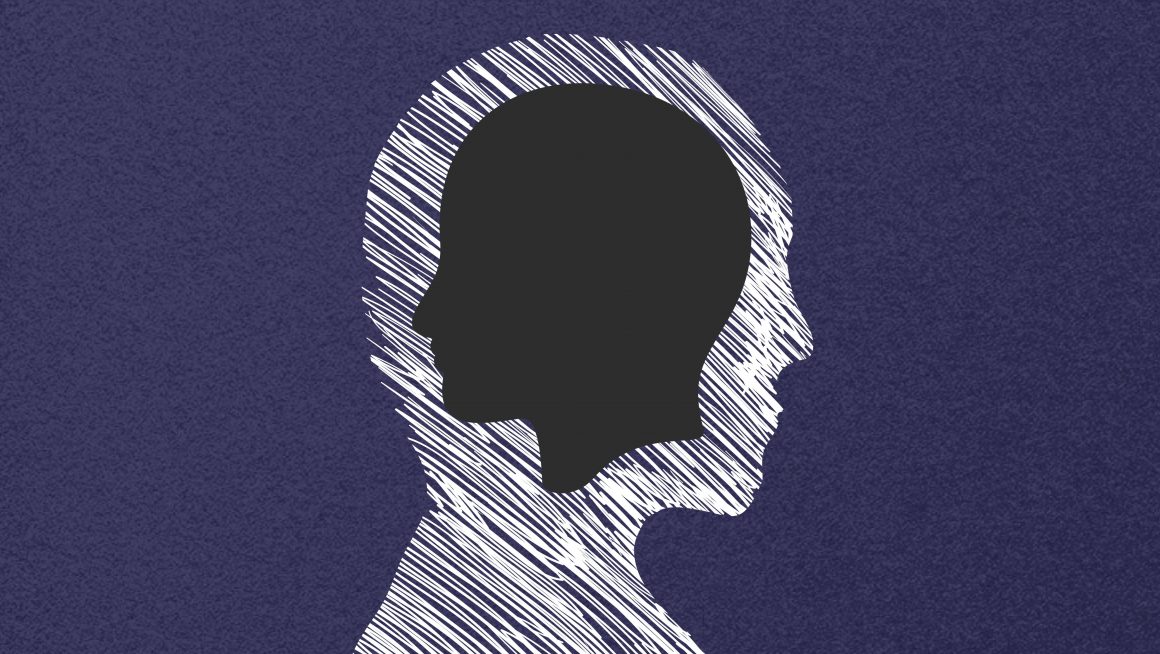
U of C opens the Mental Wellbeing and Resilience embedded certificate to educate students on mental health
By Freeha Anjum, October 27 2023—
The University of Calgary offers students an option to include certificates in their undergraduate degree program. These embedded certificates have a lower course load than minor degree programs, and provide some extra skills for students to enhance their degrees.
The University’s popular certificate program right now is the Mental Wellbeing and Resilience embedded certificate. This certificate was first launched in Fall 2019, and after students applied to a change of program that year, the first graduating class with the certificate was in 2021.
In an interview with the Gauntlet, psychology professor and Associate Dean of Undergraduate Programs and Student Affairs Dr. Melissa Boyce discussed the new program. As the academic coordinator of the certificate, Boyce shared more about the goals that the program hopes to address by enhancing students’ knowledge about how to support themselves and those around them.
“The certificate’s major goal is to support students’ abilities to use evidence-based strategies to support and foster their own wellbeing and the wellbeing of others,” Boyce explains.
The certificate is available for students of any degree program to add, regardless of faculty or rigidity of the degree. Students can participate as long as they are able to fit the certificate requirements into their schedule and are interested in learning more about mental well-being.
“We often think of psychology and social work as being programs where a focus on mental wellbeing might be more relevant, but it’s incumbent upon all of us to be aware of and support our wellness,” said Boyce. “[We] tried to make it as accessible as possible for everyone, regardless of their degree programs.”
The value of the Mental Wellbeing and Resilience certificate program is reinforced by a wide variety of businesses, which have indicated that they would value candidates with this certificate, according to Boyce. She states that having these skills attached to your degree program lets employers know an employees can handle the well-being of themselves and the people around them, which would enhance their business environments.
“There was overwhelming support from organizations—such as oil and gas or energy, and all other kinds of organizations that we don’t traditionally associate with mental health and wellbeing—indicating that they would value applicants who had this certificate, because it would help to ensure they would be able to better support themselves and create a better work environment for others,” said Boyce.
The three main goals of the program include a reduction in stigma related to mental illness, the development of effective and evidence-based coping strategies and being able to reflect on and articulate strategies and values related to mental well-being to support others.
“With these goals, graduates from the certificate will move into the community and be able to help create change there,” said Boyce.
The program requires optional courses and core courses. Core courses include PSYC 203, WELL 300, and WELL 400. These courses were redesigned to meet the requirements of the certificate program, including experiences for collaboration and community engagement.
For example, WELL 400 offers an opportunity to work with an organization and help them address a community issue related to well-being. WELL 300 is inquiry-based and gives students the opportunity to personalize their learning and explore a topic of interest in-depth to understand intersectionality and well-being.
“These courses were designed to include a number of truly important educational experiences that would support students’ development of really marketable skills,” said Boyce. “There’s really authentic and high-impact learning experiences. The real-world authentic learning can be rare depending on the program the student is in, and this gives them the chance to have that community-engaged learning experience.”
Boyce hopes that the course will improve student culture by providing U of C students with the tools to help and support others. This includes removing the stigma behind mental health and challenging the assumptions made about it, allowing for a more open and welcoming space among students.
“The hope is that it will help students better advocate for themselves and others. The students tend to be a strong support system for each other, and I find that they’re really positive classrooms—everyone is cheering each other on [during presentations]. It’s a brave space,” Dr. Boyce says.
Students can talk to their faculty advisor to learn more about how the certificate would fit into their degrees. Courses used for the certificate requirements can also double as credit toward a major or minor degree program. Students can then request a change of program in your Student Centre between Oct. 1 and Feb. 1 to be enrolled for the upcoming fall.
More information about the program can be found on the U of C website and questions can be sent to wellcertificate@ucalgary.ca.
